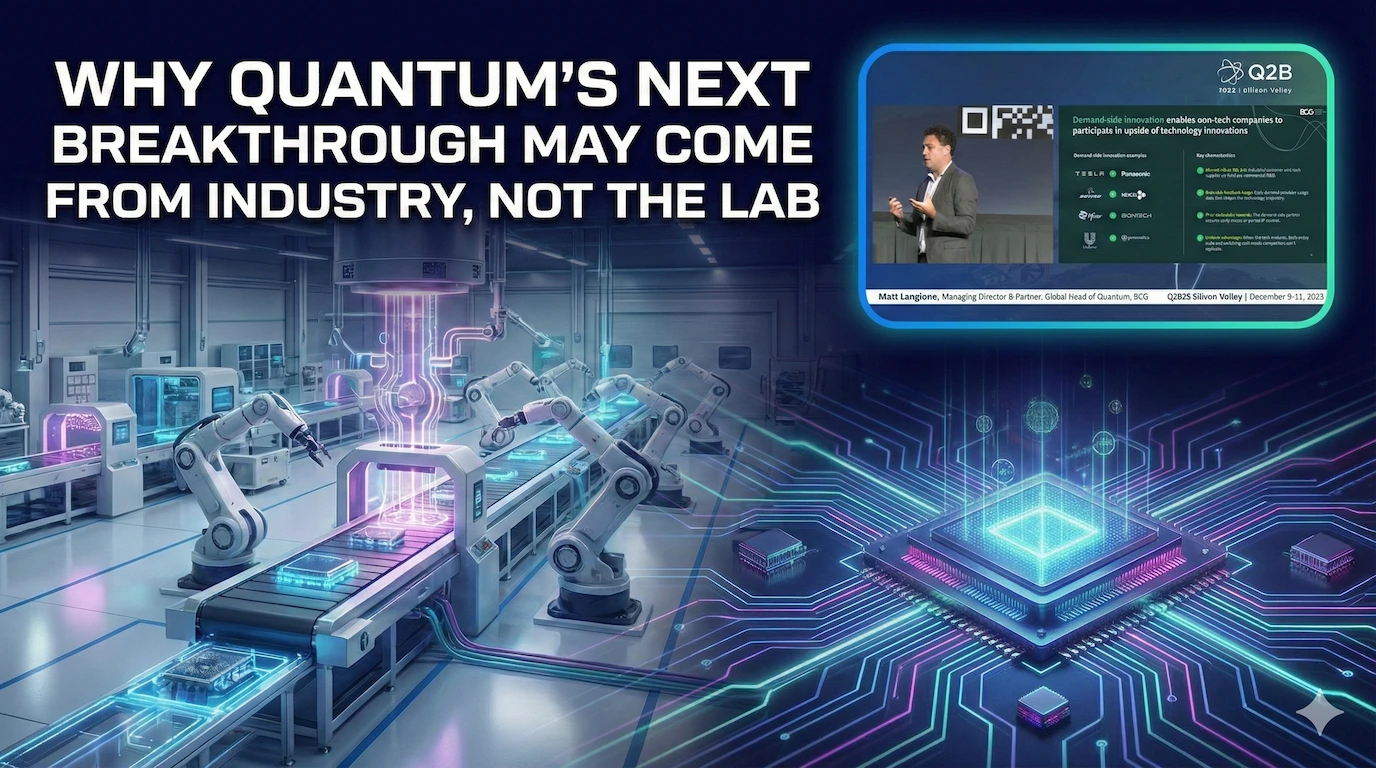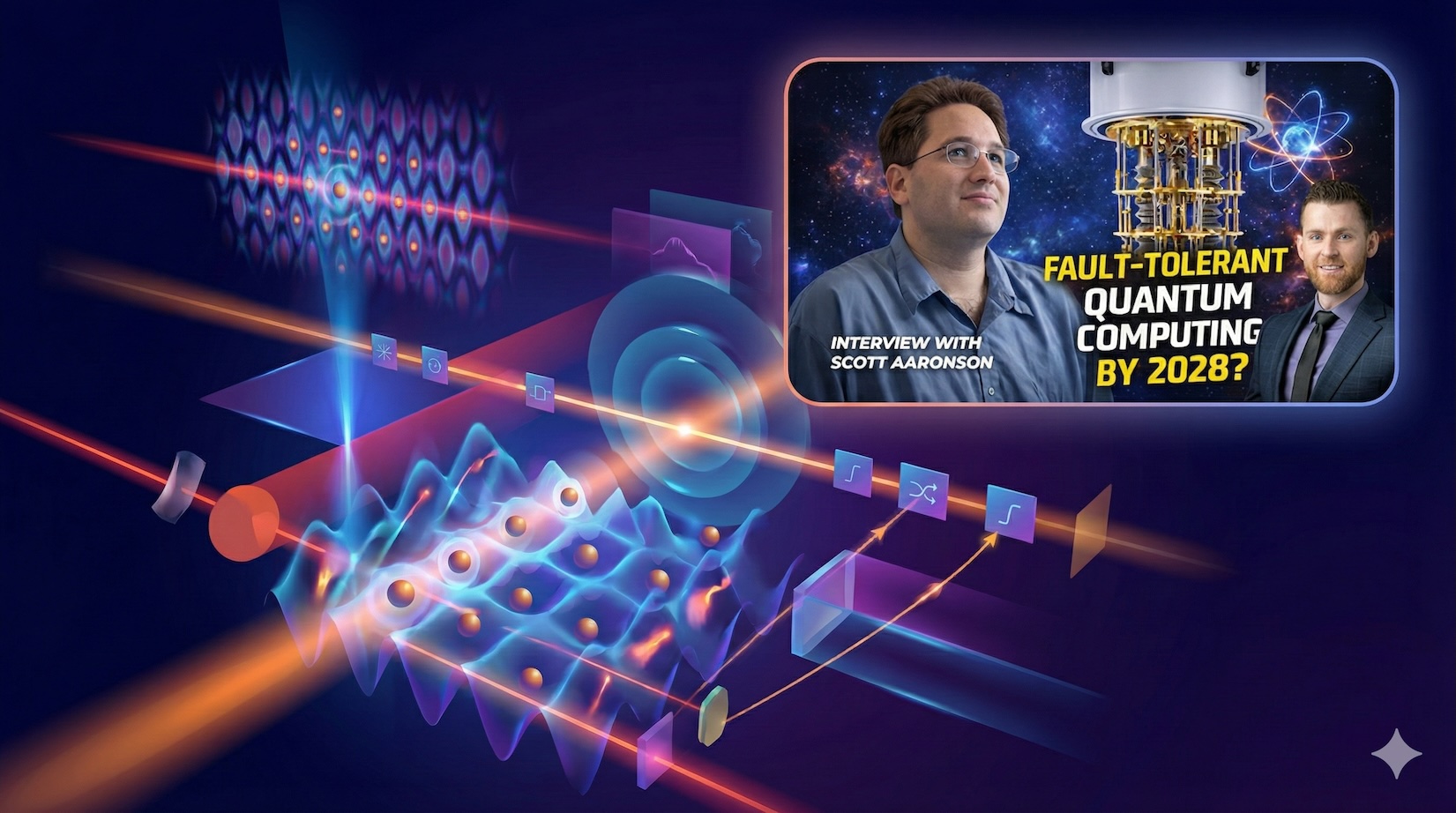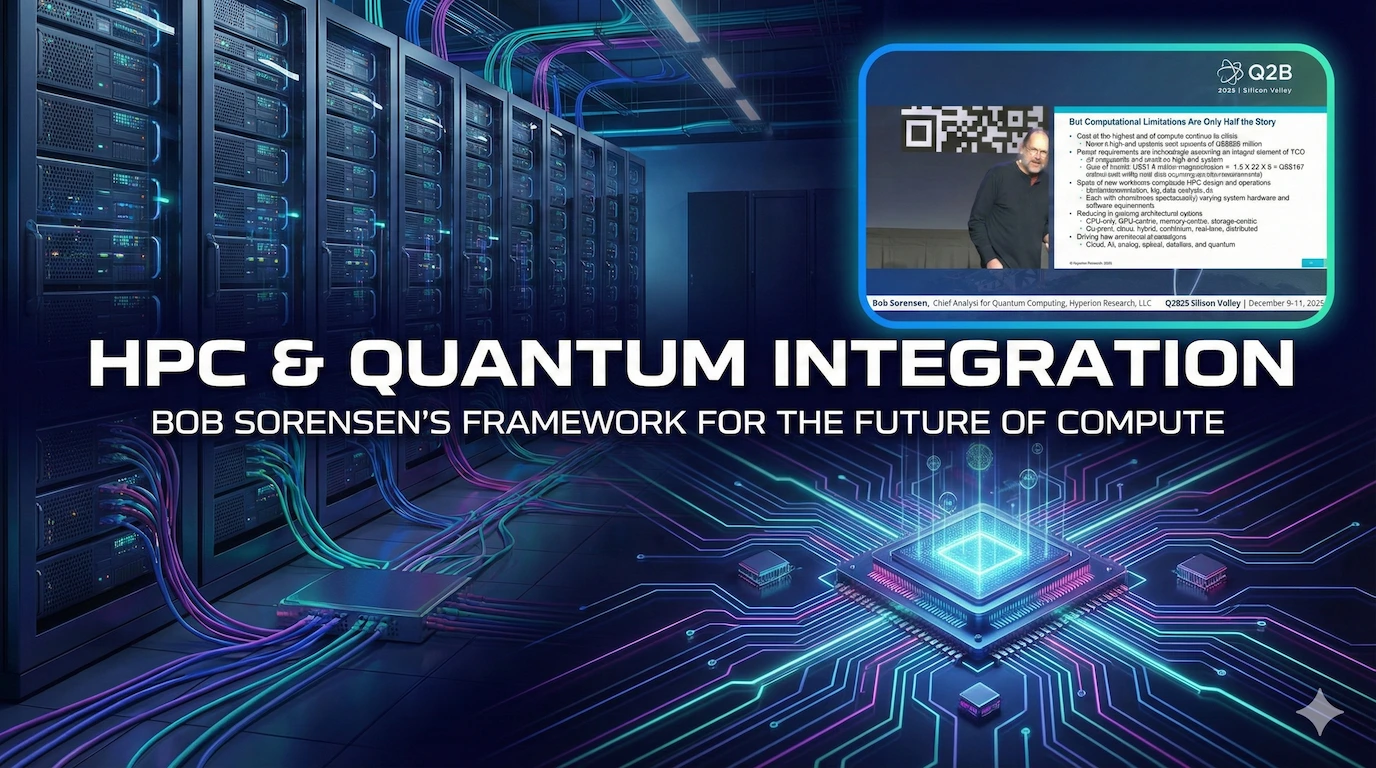Quantum-as-a-Service (QaaS), also referred to as Quantum-Computing-as-a-service (QCaas) is a concept similar to other “as-a-Service” models, for example Software-as-a-Service (SaaS), Platform-as-a-Service (PaaS), and Infrastructure-as-a-Service (IaaS). Like those models, resources are made available via cloud-based platforms, typically via subscriptions or pay-as-you-go bases. The only differentiator with QaaS is that the resources are quantum technologies, quantum computing services, and/or quantum computing solutions. Care should be taken that the term “quantum” is not in use as a marketing buzzword, in which case the advantages of legitimate QaaS include:
- Accessibility of specialized hardware, software, and expertise
- No expensive acquisitions, set-ups, or maintenance costs
- Options to pay only as resources are consumed
- Freedom to experiment with a wide range of technologies and algorithms
- Potential to add resources and scale problems upward, as needed
- Opportunities to collaborate with team members around the world
- Double-duty as workforce development tools, teaching how to use quantum computers
Quantum computing as a service, specifically, has a diversity of choices. Superconducting modalities, for example, are available through the IBM Quantum website and Rigetti Quantum Cloud Services. Quantum annealing is available through D-Wave Systems’ The Leap Quantum Cloud Service while a photonic device is available through Xanadu Cloud. Services such as Amazon Braket offer superconducting, ion trap, and neutral atom modalities, including QuEra’s own 256-atom device. And these examples are just a sampling of what’s currently on the market.
What is Quantum-as-a-Service (QaaS)?
In addition to the aforementioned features of QaaS, the definition of the term must acknowledge that this is an evolving ecosystem. As updates are released, and as new capabilities are announced, users of these services are automatically kept on the cutting-edge of this developing technology. This is not the case with on-premises solutions, which require deliberate upgrades and extensions.
Analytics Steps published an article titled What is Quantum Computing -as -a -service?, which adds further elements to this definition:
- Quantum computing as a service can augment, or be augmented by, other available services, such as Artificial Intelligence (AI)
- Entire industries can benefit from the public proposition of new use cases
- Widespread Quantum computing availability accelerates the discovery of new use cases
- Quantum computing solutions may integrate with enterprise-class software stacks
- Quantum computing services can be distributed across devices, and even across providers
- Allows sales and marketing demonstrations anywhere there is Internet access
QaaS, therefore, is greater than the sum of its constituent parts. It is not defined solely by what it makes available, because it impacts entire industries and ecosystems.
Advantages of Quantum-as-a-Service
Some of the already-identified advantages of QaaS include accessibility, cost-efficiency, rapid experimentation, scalability, collaboration, and education and learning. But, the benefits, even for individual enterprises, do not stop there. Additional noteworthy advantages include:
- Lower barriers to entry for all users who otherwise do not have the resources and/or expertise to develop these technologies on their own
- Access to experts who might otherwise be expensive or hard to find
- Membership in support communities that can facilitate the sharing of ideas, tips, and tricks
- Opportunities for innovation, including the extension of provided algorithms and applications
- On-demand access whenever it is needed, wherever it is needed
- Agnosticism toward maintenance and upgrades
Although you can occasionally find announcements in the news about on-premises installations at government-sponsored national quantum computing centers or at various research institutions, it is clear from these lists why QaaS is enjoying widespread adoption across enterprises, universities, training organizations, consultants, and even enthusiasts.
{{Premium-access}}
Disadvantages of Quantum-as-a-Service
While quantum as a service is attractive to many, it is not for everyone. Several organizations might prefer on-premises quantum computers. This is often for the following reasons:
- Control. When an organization owns a quantum computer, it can determine who uses it and when, what the user priorities are, etc. Once quantum is integrated into a production environment, an on-premises computer can provide better control over execution times, as opposed to waiting in a queue with other users.
- Security. Some organizations prefer not to send their data outside their firewall. An on-premises quantum computer can help achieve this goal.
- Latency. If an organization develops hybrid quantum/classical workflows, the latency of data transfer between classical and quantum computers may be reduced when all machines are on-premises.
- Economic development. Some organizations, countries, or regions, prefer an on-premises quantum computer as a seed for local economic and workforce development.
Quantum-as-a-Service Providers
A Sifted article titled Quantum-as-a-service startups are bringing sci-fi computing to the masses points out why QaaS is attractive to businesses seeking early competitive advantages. Even though quantum computing is still in its infancy, large enterprises, in particular, want to be ready to capitalize, so to speak, the moment the hardware becomes mature enough to provide speed and/or accuracy advantages over classical computation. They don’t necessarily want to expend the time and funds to develop their own expertise, especially in regard to building their own proprietary technologies. Keep in mind that many promising technologies are currently in various stages of development, and it is impossible to know which ones, if any, will proceed beyond proofs-of-concept and prototypes. Anyone investing in any specific technology faces the very real risk that that particular technology will end up not having a future. QaaS, in comparison, is a relatively minor commitment with considerably less risk. These enterprises can develop algorithms and applications now, including with expertise provided as a service, and migration for them later will be easier than for competitors who are on the sidelines waiting.
This growing demand for QaaS has quantum technology startups racing to get online. Some of them are aided by services such as Amazon Braket and Azure Quantum. Those services are, in turn, promoted by platforms such as qBraid and Strangeworks, both of which aggregate those services and more. Some startups are offering integrations with common enterprise applications, such as by importing from ubiquitous spreadsheets, while others are making quantum computation available through APIs and other methods to those applications. Many providers are evangelizing about the lower energy consumption, environmentally-friendlier approach, that quantum computers offer as compared to high-performance computers (HPC). And some of these service providers are actually just providing classical resources, but important resources such as powerful, classical simulators with which to verify the performance of quantum algorithms.
Due to the evolving landscape, including the proliferation of quantum technology startups, it is impossible to publish and maintain a list of all QaaS providers. One way to follow new announcements would be to follow the aforementioned aggregators: Amazon Braket, Azure Quantum, qBraid, and Strangeworks. However, those services are all specific to quantum computing. Announcements about cryptographic services, such as quantum key distribution and post-quantum cryptography, for example, are made on industry-specific news websites such as Quantum Computing Report.
It is important to note that QaaS is not exclusively by enterprises for enterprises. Governments are also providing services with the intent to nurture domestic academic research, as well as to support their budding commercial ecosystems.
Applications of Quantum-as-a-Service
The applications of QaaS include many of the highly-anticipated applications of quantum computing and quantum cryptography. These include:
- Optimization problems, with which optimal solutions are found within large sets of possibilities
- Quantum-safe encryption solutions
- Simulations of molecular interactions to develop new drugs and new materials
- Enhanced machine learning (ML) algorithms
- Improved risk analysis, pricing models, and forecasting for the financial industry
- Climate modeling, enabling a greater understanding of climate change
- Artificial intelligence tasks, including generative algorithms and natural language processing
- Solving complex scientific equations
The key takeaway regarding QaaS is that these applications have become generally available, and not just to organizations with significant funding. Access to the world’s largest neutral atom quantum computer, for example, is available to absolutely everyone on an affordable pay-as-you-go basis through both Amazon Braket and qBraid. What’s more, training for it is being provided online for free.




.webp)





